When selecting an ERP system, organizations often take a thorough approach. In an extensive selection process, the various options are thoroughly examined and evaluated in order to arrive at a well-founded choice. And rightly so, because this choice determines the company's future. But what are your selection criteria? If you base your choice on the wrong criteria, you are still not making an optimal choice, despite all the time and energy you have put into the selection process! These are the most important criteria to focus on (and the counterparts you should not focus on).
1. Return On Investment - **NOT** Cost.
A new ERP system often means a significant initial investment as well as periodic costs. Too often in selection processes, a conclusion is drawn after comparing the costs of various options. Far wiser is to look at Return On Investment (ROI). After all, the cheapest option may also yield you the least in the long run, while a more expensive option may offer more benefits and have a faster payback.
2. Organizational ambitions - **NOT** Long list of functional requirements.
Your main goal when commissioning a (new) ERP system should be to achieve the organization's ambitions. Whether that is growth, improving service levels, working more efficiently or entering new markets; when selecting an ERP, you need to look at the feasibility of these goals. However, what many companies do is create a long list of functional requirements, often based on current automation and current ways of working. This way you realize a (mediocre) copy of what you already have! So focus on the future and what you want to achieve as an organization.
3. Stable and modern system - **NOT** Always first with the latest
Renewal is often improvement. But especially when it comes to ERP software, the backbone of the organization, it is dangerous to always be the first to work with a new product or version. Go for modern software, but also stability. Is the ERP system proven to be successful? Based on a stable and modern platform? Then you can have peace of mind that you are right with your choice and that it is not a trial balloon or a version full of teething problems.
4. The (business) partner - **NOT** Only the product
In many cases, the company you partner with on ERP is seen as the "supplier. As if they deliver a product and then disappear from the scene. But ERP touches the core of your business and revolves around crucial processes that can make or break your organization! Therefore, consider the 'supplier' as a business partner and evaluate not only the software but also this party thoroughly. Do they have the knowledge to make your organization as profitable as possible now and in the future?
5. Similar references - **NOT** As many customers as possible.
An ERP partner can only really help you properly when they understand your processes and operations even better than you do yourself. And that is the case when they have guided 5,similar companies in the same industry. With those experiences, your ERP partner will know what the best practices are in the industry and these will be incorporated into the ERP system. So it's not about having a lot of references, it's about having the right references.
Philip van Kemenade is marketing manager at Dysel and has daily contact with end users of software.
